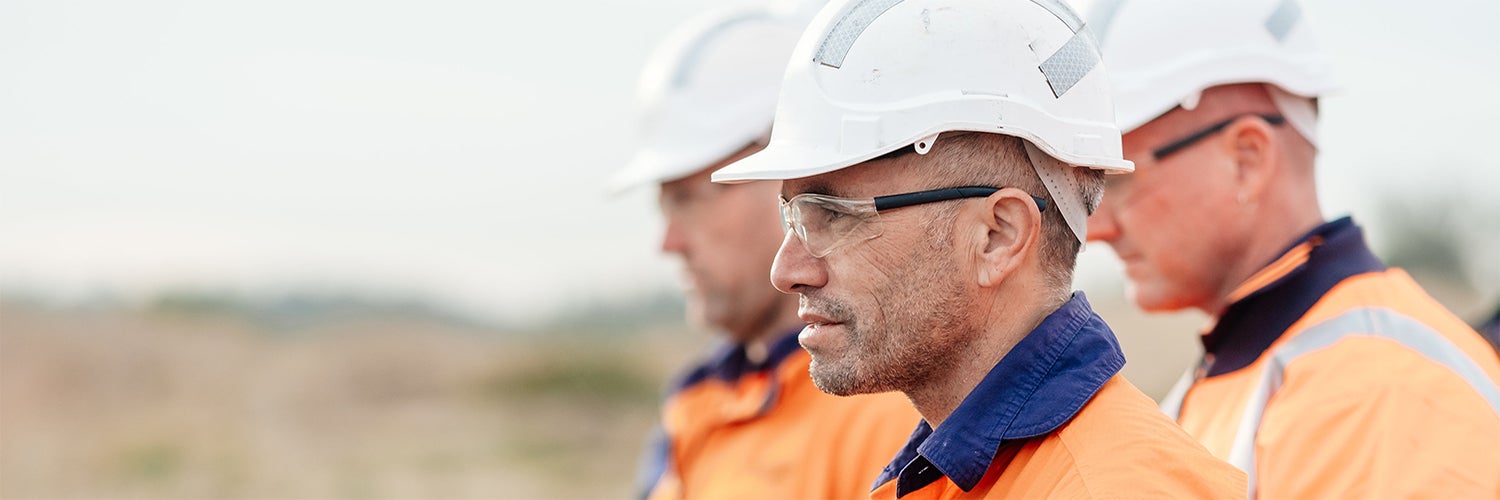Page
Reducing “excessive and inefficient” red tape key to staying competitive
Speaking at the 2013 NSW Mining Industry & Suppliers Conference, economists and politicians alike have emphasised the need to reduce red tape to keep NSW coal exports cost competitive.
“Of the industries front and centre of NSW, none is more front and centre than coal,” said Ian Macfarlane in his opening address at the conference focused on the road ahead for mining.
Federal Industry Minister Ian Macfarlane addressing the NSW Mining Industry & Suppliers Conference
The new federal Industry Minister’s view of mining as a lynchpin of the NSW economy was echoed by both NSW Treasurer Mike Baird and Shadow Minister for Resources and Primary Industries Steve Whan.
“Without mining in NSW, there would be less money for our schools and our hospital. There would be a lower standard of living for every single person in the state,” said Whan.
Costs a key hurdle
But as coal prices have fallen, producers are struggling – evidenced by the thousands of NSW mining jobs lost over the past year – and inefficiencies and high costs in the industry have become more pronounced. Australia, and NSW, is now considered a high cost environment to do business, according to economist and keynote speaker at the conference Professor Henry Ergas.
Minister Macfarlane, Mr Whan and the NSW Treasurer Mike Baird all agreed that lowering costs is key to keep the mining industry, and the NSW economy, strong.
And according to Henry Ergas, professor of economics & infrastructure at University of Wollongong, Australia’s high company tax plays a key role.
He told the conference the effective company tax rate is about 55-60%, higher than most other OECD countries, and that while “removing the carbon and mining tax is an excellent start, [it] is not sufficient” to increase Australia’s competitiveness as a resource exporter.
Professor Henry Ergas addressing the NSW Mining Industry & Suppliers Conference
Ergas said that ‘excessive and inefficient’ regulation acts as an additional tax on companies, creating a key barrier to competitiveness. While regulation of, for example, the environment and workplace health and safety, have positive underlying goals, he said “these goals are not pursued in the most cost effective way.”
Instead, some regulations fail to achieve their intended outcome while placing an added cost burden on companies and deterring future investment. While such red tape may be bearable when demand is high, he said, inefficient regulation becomes a cost burden when prices fall and margins are slimmer.
Ergas argued that removing excess red tape would be “equivalent to cutting the effective company tax rate by one-third,” helping to lower costs for NSW miners and keep them competitive on the world market.

